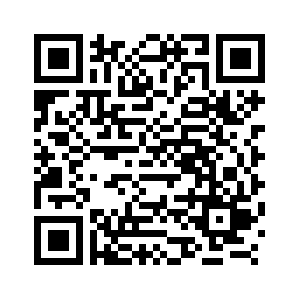TEHRAN, Sept. 15 (Xinhua) -- Spokesman for Iranian Foreign Ministry Nasser Kanaani said the "ground seriously exists" for the revival of the 2015 nuclear deal, the Iranian Students' News Agency reported on Thursday.
Kanaani, who made the remark in an exclusive interview with the Iranian Students' News Agency, added that Tehran has put forward no new demand in its latest response to the European Union's proposed final draft of a potential nuclear agreement.
The Iranian official stressed that what Iran has done in its response is to make the text clearer and remove "its ambiguities" to minimize "interpretive differences" that can hinder the nuclear deal, which is formally known as the Joint Comprehensive Plan of Action (JCPOA).
Kanaani reiterated that there is no "serious difference" that can impede the resumption of the nuclear deal, pointing out that if "the other side" has the necessary political will, the negotiations can be concluded in a short period of time.
He emphasized that obtaining guarantees from its Western counterparts has always been Iran's main demand, adding that Iran will not strike a deal that could be breached shortly after its signing.
In responding to a recent backlashing from U.S. Secretary of State Antony Blinken, who said Iran's response to the EU's proposal was a step back from the current negotiation, the Iranian diplomat said Blinken's claim is a consequence of Washington's bids to shirk its responsibility.
The U.S. government is the sole side to be blamed for the collapse of the JCPOA as well as the failure of international diplomacy to resolve differences, said Kanaani, urging Washington not to put forward excessive demands and blame others for its own responsibilities.
The spokesman also noted that Tehran is ready to cooperate constructively with the International Atomic Energy Agency (IAEA) to address issues raised by the IAEA, adding that Tehran has so far had "maximum cooperation" with the agency and answered all its questions.
Iran signed the JCPOA with world powers in July 2015, agreeing to curb its nuclear program in return for removing sanctions on the country. However, former U.S. President Donald Trump pulled Washington out of the agreement and reimposed unilateral sanctions on Tehran, prompting the latter to drop some of its commitments under the pact.
The talks on the JCPOA's revival began in April 2021 in Vienna but were suspended in March this year because of political differences between Tehran and Washington. The latest round of the nuclear talks was held in the Austrian capital in early August after a five-month hiatus.
On Aug. 8, the EU put forward its final text of the draft decision on reviving the JCPOA. Iran and the United States later indirectly exchanged views on the EU proposal in a process that has failed to produce any favorable outcome. ■



